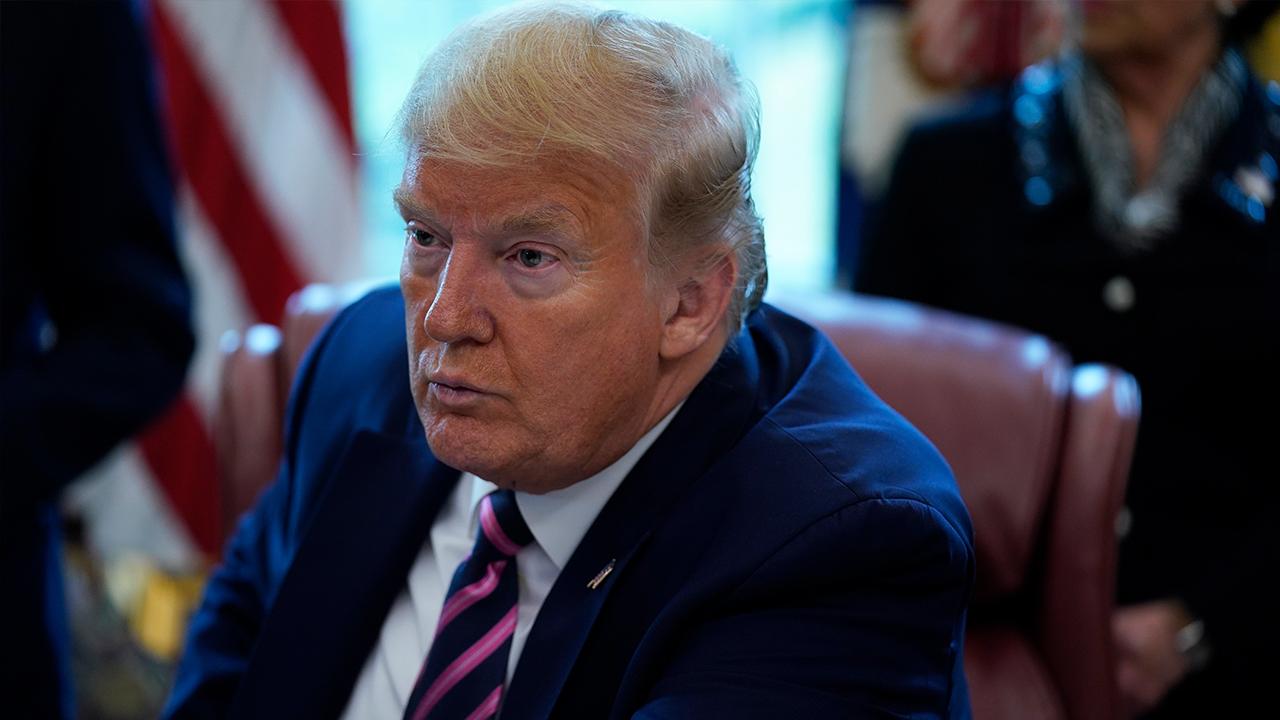Trump administration approves rail shipments of liquefied natural gas
Rule set to go into effect in 30 days
The Trump Administration finalized on Friday regulations to allow for the rail shipment of liquefied natural gas, a flammable and odorless liquid that is a key energy source for the United States.
The move has been opposed by environmental groups and fifteen states due to the potential hazards of transporting it on rail lines, but U.S. Transportation Secretary Elaine Chao claims new safeguards will prevent any dangerous accidents.
“The Department’s new rule carefully lays out key operational safeguards to provide for the safe transportation of LNG by rail to more parts of the country where this energy source is needed,” she said in a statement Friday.
GET FOX BUSINESS ON THE GO BY CLICKING HERE
The rule requires tank cars to be outfitted with “an enhanced thicker carbon steel outer tank,” and improved braking. It also requires “remote monitoring of the pressure and location of LNG tank cars.”
The United States is the world’s largest producer of natural gas, and it supplies nearly 1/3 of the primary energy for the country.
Most of it is delivered in its gaseous form through pipes, but court battles over pipelines have slowed the movement of it in that form.
The volume of liquified natural gas is about 600 times smaller than the volume of its gaseous state, which makes transport through rail an attractive option.
TRUMP ADMINISTRATION CUTS OIL, GAS FEES IN HUNDREDS OF CASES
Despite the advantage of transporting LNG through rail, environmental groups say the potential hazards of it are too great.
Jeff Tittel, director of the New Jersey Sierra Club, told the Associated Press that LNG is far too dangerous to be shipped this way.
“This new rule has major impacts on rail safety because the dangers of a possible derailment, spill, or explosion would be catastrophic,” he said. “This is an accident waiting to happen.”
The 15 states who opposed the rule were Delaware, New Jersey, Pennsylvania, California, Illinois, Maryland, Massachusetts, Michigan, Minnesota, New York, North Carolina, Oregon, Rhode Island, Vermont and Washington, as well as the District of Columbia.
The rule is set to go into effect in less than 30 days.




















